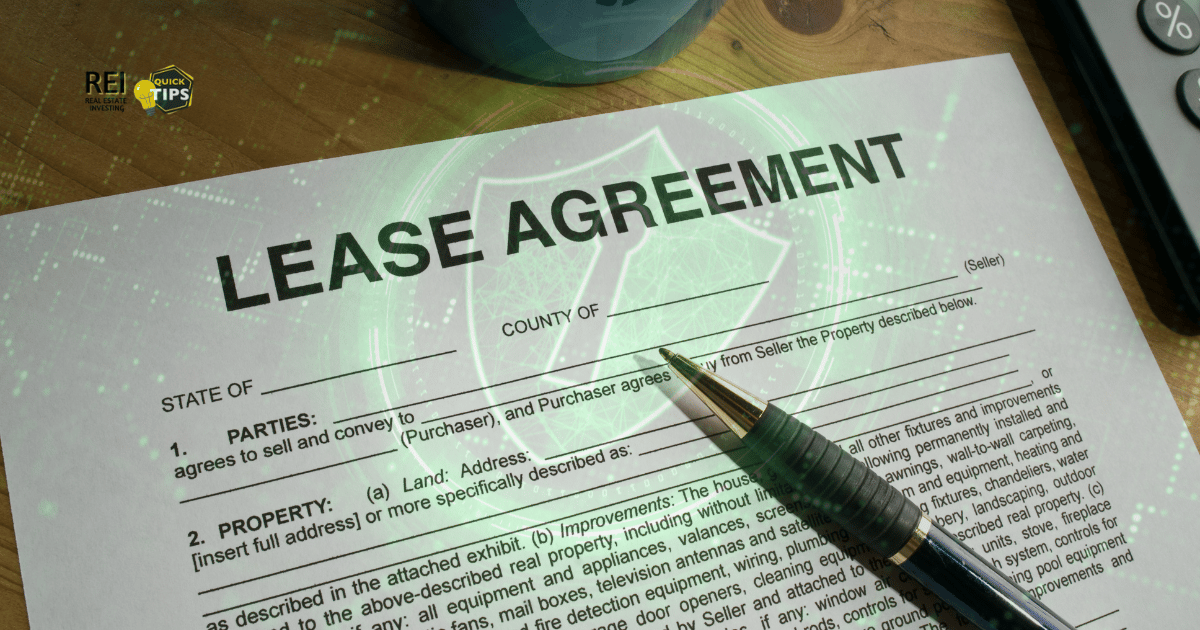
What Should I Include in a Lease Agreement to Protect Myself Legally?
Renting out property? A handshake and a handshake emoji won’t cut it. 🧾 If you’re the landlord, your lease is your legal armor—and you’d better suit up.
Here are the must-have clauses to protect yourself:
✅ Clear Rent Terms
Rent amount, due date, grace period, and late fees. Be precise. Vagueness invites loopholes.
✅ Security Deposit Details
Amount, what it covers, and how/when it’s returned (state laws vary—know yours).
✅ Maintenance Responsibilities
Spell out who handles what (filters, lawn care, pest control, etc.). Ambiguity causes disputes.
✅ Occupancy Limits
List names of all legal occupants. “Cousin Dave” showing up with a pit bull and a drum kit? Not on your watch.
✅ Rules on Alterations and Repairs
Tenants shouldn’t repaint your living room “Millennial Mauve” without permission.
✅ Early Termination Terms
Life happens. But it shouldn't wreck your cash flow. State what happens if they break the lease.
✅ Right of Entry Notice
Reserve the right to enter for repairs, inspections, or emergencies—with proper notice.
✅ Illegal Activity Clause
Automatic grounds for eviction if they start a crypto mining operation in the garage.
✅ Default and Eviction Terms
Lay out what happens if they don’t pay or violate terms. You’ll thank yourself later.
✅ Severability Clause
This legal gem protects the lease if one part is found unenforceable. The rest still stands.
📌 Bonus Tip: Always consult a local attorney to tailor your lease to your state’s laws.
Want a legally airtight lease that works in all 50 states? Download it for FREE (no strings attached, no login, no credit card, no upsells to anything. It's really just free for you.)
